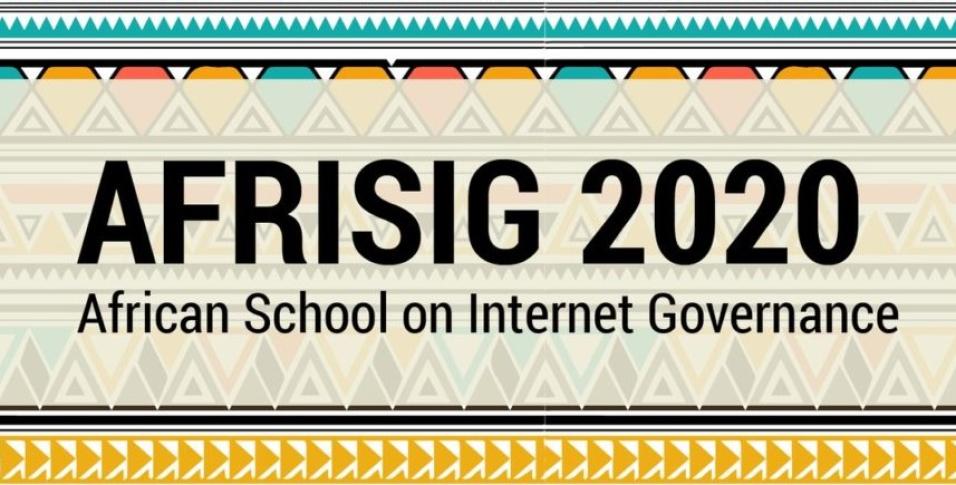
Every year since 2013, the African School on Internet Governance (AfriSIG) has brought together participants from countries throughout the continent for a five-day residential course, aimed at developing a pipeline of leading Africans from diverse sectors, backgrounds and ages with the skills to participate in local and international internet governance structures. Given the current circumstances in the world today, this was obviously not a possibility in 2020.
Nevertheless, the organisers of AfriSIG – the Association for Progressive Communications (APC), the Information Society Division of the African Union Commission (AUC) and Research ICT Africa (RIA) – have found an innovative solution to continue pursuing the aims of the School despite the current challenges.
Like many other large events that are normally held “face-to-face”, this year’s eighth annual AfriSIG will take place online. But aside from this move from the physical to the virtual, this year’s School is also unique in that it will focus on promoting networking among AfriSIG alumni and giving them the opportunity for deeper engagement in a few key current topics in internet governance in Africa.
AfriSIG 2020 will be open only to the more than 400 AfriSIG alumni – participants in the Schools held annually from 2013 to 2019 – and will take place on 23 November, immediately prior to the African Internet Governance Forum (AfIGF), which will be held from 25 to 27 November 2020.
Through AfriSIG’s partnership with the AUC, trainers trained as part of the AUC’s Policy and Regulation Initiative for Digital Africa (PRIDA) programme will also be invited to participate.
AfrISIG 2020 will consist of two tracks: a one-day AfriSIG alumni enrichment programme and reunion, and networked AfriSIG alumni participation in the African IGF and the global IGF.
Track 1: AfriSIG Alumni Enrichment Programme and Reunion
An independent study of AfriSIG's impact on its participants since its inception in 2013 has just been completed. It is clear that alumni value the School itself enormously, but also that being part of the alumni network is in itself one of the most important components of the AfriSIG experience.
AfriSIG will take advantage of the window offered by the pandemic to focus 2020 on strengthening this network through three online sessions to be held on 23 November, focusing on the following themes:
-
Digital equality paradox/The 4th Industrial Revolution: Does it provide renewed focus on ICT for development or is it a distraction?
-
Financial services for the poor in Africa: Is mobile money the solution?
-
5G in Africa: An in-depth look at the pros and cons.
Track 2: Networked AfriSIG alumni participation in the African IGF and the global IGF
This will consist of an open channel of interaction for AfriSIG alumni during about these events as well as support for alumni who are workshop organisers, speakers, and participants. Networking will be built around analysis of the programme, sharing of which events people will attend, covering events and blogging about them for the AfriSIG site. A debrief session will be organised after both the global IGF and the African IGF which will develop, as an output, a document in which alumni share what they have gained from these events, and suggestions for the future.
We'll be sharing updates on @AfriSIG and @APC_News with the #AfriSIG hashtag on Twitter. Stay tuned!